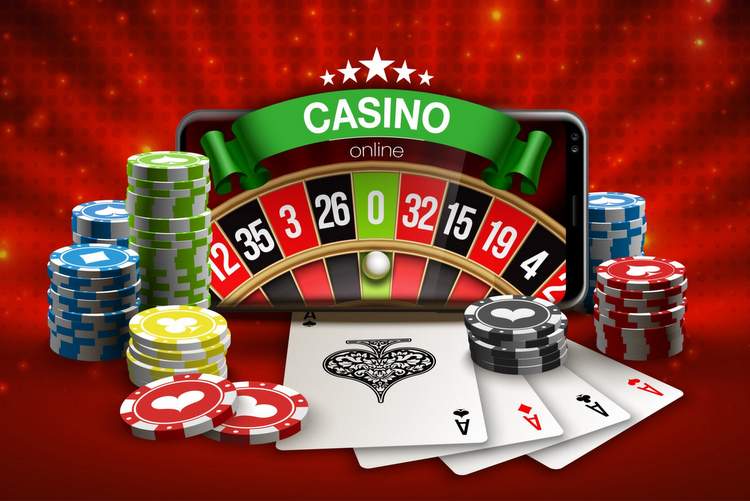
The Libet experiment is a seminal study in neuroscience that has profound implications for our understanding of free will and human agency. In the early 1980s, Dr. Benjamin Libet, a neuroscientist, conducted a series of experiments that sought to uncover the relationship between brain activity and conscious decision-making. These experiments have sparked debates among scientists, philosophers, and psychologists alike and continue to influence contemporary discussions on the nature of consciousness. If you’re interested in the intricate dance of decision-making in the human mind, visit Libet https://libetcasino.com/ for further insights.
Background of the Libet Experiment
The Libet experiment primarily involved measuring the brain activity of participants while they performed a simple motor task. Participants were instructed to flex their wrist at a time of their choosing while Libet monitored their brain activity using an electroencephalogram (EEG). The key finding of the study was that brain activity associated with the decision to move occurred several hundred milliseconds before participants reported their conscious intention to act. This observation raised critical questions about the nature of free will and consciousness.
Understanding the Findings
Libet discovered that a specific pattern of brain activity, known as the readiness potential (RP), reliably indicated that action was forthcoming. Participants would be aware of their intention to move only after the RP had been initiated, suggesting that unconscious processes precede conscious awareness. This finding yields a paradox: if our brains “decide” to act before we are consciously aware of that decision, can we truly claim to have free will?
Philosophical Implications of the Libet Experiment
The implications of the Libet experiment stretch far beyond neuroscience; they touch upon deep philosophical questions about determinism, agency, and moral responsibility. One interpretation is that our perceived freedom is an illusion, as unconscious neural processes precede our conscious experiences. If decisions are made unconsciously, it raises concerns about accountability: to what extent can individuals be held responsible for their actions if these actions are not the products of conscious choices?
Responses to the Libet Findings

Many have responded to the findings of the Libet experiment in various ways. Some argue that while unconscious processes may initiate actions, humans still possess the ability to exercise control over those actions. For instance, Libet himself proposed the notion of “free won’t,” suggesting that while we may not have complete control over the decision to act, we do have the capacity to veto those actions before they are executed. This concept establishes a middle ground in the free will debate, allowing for a sense of agency even in the presence of unconscious preparation.
Further Research and Developments
Since the initial Libet studies, neuroscience has advanced significantly. The introduction of neuroimaging techniques has allowed researchers to explore the neural correlates of decision-making processes in more depth. Numerous studies have replicated and expanded upon Libet’s original findings, considering factors such as complexity in decision-making, the role of context, and individual differences in cognitive processing.
These advances have led to a more nuanced understanding of human behavior and decision-making. While some studies continue to support Libet’s initial conclusions about unconscious processing, others introduce new variables that challenge the simplicity of the conclusions drawn from the original experiment. For instance, studies have shown that when participants are given additional cognitive demands or when the context of a decision changes, the time between brain activity and conscious intention can vary.
Impacts on Psychology and Neuroscience
The Libet experiment has significantly influenced psychology and neuroscience, prompting researchers to examine the implications of unconscious processes further. In clinical psychology, understanding the role of the unconscious may change how clinicians understand and treat various psychological conditions. Furthermore, these findings challenge the traditional models of decision-making, prompting the exploration of non-linear and multi-dimensional frameworks that incorporate both conscious and unconscious elements.
Real-World Applications of Libet’s Findings
Understanding the dynamics between conscious thought and unconscious processes has real-world implications. For example, the insights gained from the Libet experiment can enhance our understanding of impulsive behaviors, addiction, and decision-making in high-stress situations. In fields like marketing, knowledge about how consumers make decisions can lead to better strategies for influencing behavior without infringing on the individual’s sense of agency.
Conclusion: The Journey into Consciousness
In conclusion, the Libet experiment serves as a cornerstone in the ongoing exploration of consciousness, free will, and the processes that govern our actions. While definitive answers remain elusive, the questions raised by Libet’s work continue to resonate across various disciplines. As neuroscience, philosophy, and psychology evolve, further inquiry into these issues will undoubtedly enrich our understanding of what it means to be human, how we make decisions, and, ultimately, whether we are the architects of our fate or merely the products of our biology. The exploration of the mind remains a vast and exciting frontier, and the Libet experiment provides a pivotal entry point into this fascinating domain.

